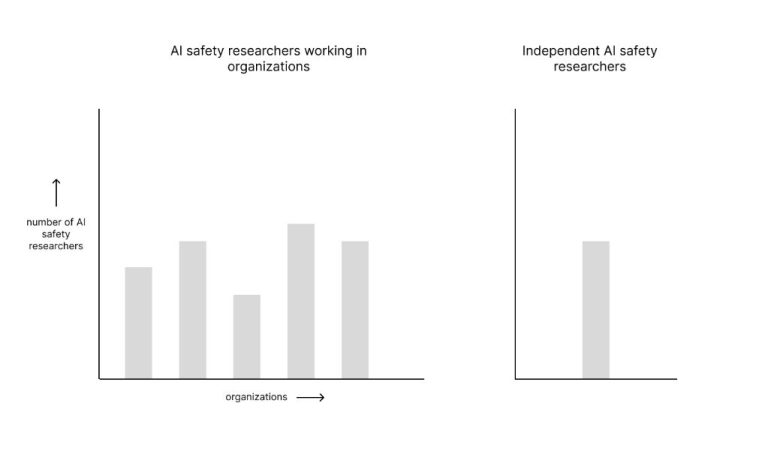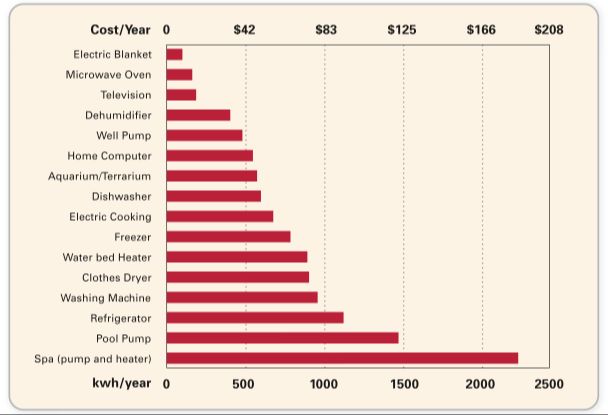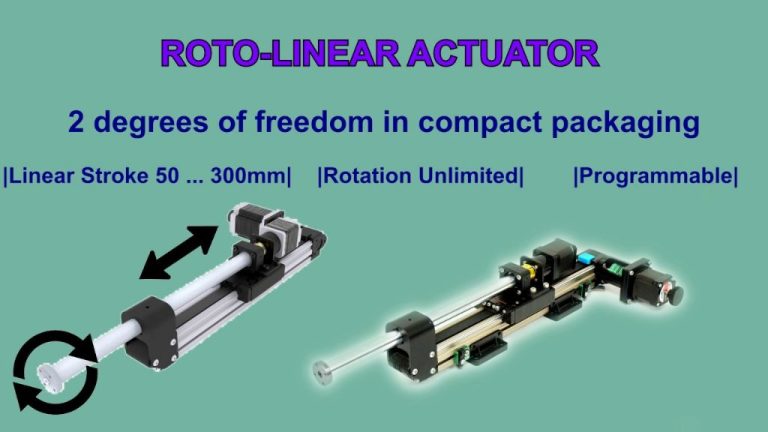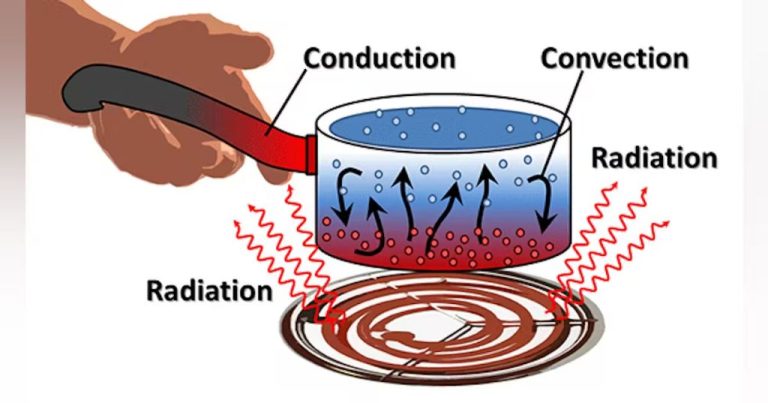What Is A Famous Quote For Efficiency?
Efficiency and productivity are related but distinct concepts that are important in the workplace. Efficiency refers to doing something well, correctly or without waste, while productivity refers to getting a high output from the input (1). Both concepts aim to optimize work performance, but approach it differently.
Improving efficiency is about working smarter – finding ways to complete tasks faster or with fewer resources. It may involve streamlining processes, eliminating redundancies, or leveraging technology. The focus is on minimizing the input. Increasing productivity is about working harder – getting more done within a set time period or with a certain amount of effort. The focus is on maximizing the output.
Finding the right balance of efficiency and productivity is key for organizations to reduce costs, meet goals and gain a competitive edge. This article will explain efficiency and productivity in-depth, compare the two concepts, provide examples and examine why they are vital components of workplace success.
Definition of Efficiency
Efficiency refers to the ability to accomplish something with the least amount of waste, expense, or unnecessary effort (Efficiency Definition & Meaning – Merriam-Webster). An efficient process maximizes output while minimizing input requirements such as time, labor, materials, or financial resources (EFFICIENCY | definition in the Cambridge English Dictionary). Efficiency is about working in a competent and well-organized manner to optimize productivity and avoid misusing resources (EFFICIENCY Definition & Usage Examples – Dictionary.com).
Ben Franklin Quote
A famous quote about efficiency that continues to resonate today was written by Benjamin Franklin. Franklin stated, “Dost thou love life? Then do not squander time, for that is the stuff life is made of.” This quote comes from Franklin’s renowned Poor Richard’s Almanack which he published under the pseudonym Richard Saunders from 1732 to 1758 (https://www.brainyquote.com/quotes/benjamin_franklin_132003).
The essential meaning behind this quote is that time is our most precious, non-renewable resource. If we want to live a fulfilling life, we should be careful not to waste time or spend it on unproductive activities. Every moment we have is an opportunity to accomplish something meaningful. Franklin advises his readers to use their time wisely and productively if they hope to make the most of this fleeting resource.
This quote from Franklin emphasizes the direct relationship between efficiency and quality of life. The more we can maximize each moment, the more we can accomplish and learn. By avoiding wasted time and working diligently, we can make steady progress on our goals and live a life without regrets. Franklin believed idleness and distraction were the enemies of an efficient, well-lived life.
Explanation of Quote
The famous quote “Time is money” is attributed to Benjamin Franklin, one of the Founding Fathers of the United States. He first used this phrase in his 1748 essay entitled “Advice to a Young Tradesman.” In the essay, Franklin argues that time is the most valuable resource a person has. Wasting time is equivalent to wasting money, as time could otherwise be spent productively earning income.
This quote relates directly to the concept of efficiency. When we use our time efficiently, we can get more accomplished and be more productive. Efficiency means using time, effort, and resources in the optimal way to achieve maximum productivity. The less efficient we are with our time, the more potential money and value we lose. As Franklin pointed out, a tradesman who sits around idly for half the day isn’t earning as much money as someone who spends their full day working diligently. Efficiency maximizes the value gained from the limited time we have.
The “time is money” quote is widely applicable to life and business. It reminds us that time is a precious, finite resource. By focusing on efficiency and making the most of our time, we can be more productive and make the most of this valuable resource. The quote remains highly relevant today as a reminder to use our time wisely.
Other Examples of Efficiency
Efficiency can be improved in many areas of business and technology through optimization and automation. For example, manufacturers can implement lean production methods to reduce waste and streamline processes (Source). Supply chains can utilize predictive analytics and AI to forecast demand more accurately, allowing for leaner inventory levels (Source).
Companies can also increase efficiency through technology like robotics, AI, and machine learning. Automating repetitive or dangerous tasks allows human workers to focus on higher-level responsibilities. Warehouse operations often use autonomous robots to pick, pack, and ship orders faster and more accurately than humans could (Source).
At an employee level, digital tools help streamline workflows. Using collaboration software, cloud computing, and task managers leads to improved productivity and efficiency for knowledge workers. When implemented thoughtfully, technology solutions enable businesses to work smarter, faster, and better.
Importance of Efficiency
Efficiency is important in the workplace and in our daily lives because it allows us to maximize productivity while minimizing wasted time and effort. An efficient process or system produces the desired results with the least amount of unnecessary steps, movements, equipment, costs, and effort (Source).
There are many benefits to improving efficiency in business and at work:
- Increased productivity – More output and results with the same time and resources.
- Lower costs – Reduced wasted materials, energy, and labor expenses.
- Higher profits – Ability to produce more products and services without increasing costs.
- Better use of resources – Make the most of employees, equipment, facilities, and budgets.
- Improved quality – Consistent processes minimize errors and defects.
- Enhanced competitiveness – More nimble operations to meet changing market demands.
- Greater agility – Faster response times and ability to scale production.
- Happier employees – Less wasted effort leads to reduced frustration and burnout.
In summary, efficiency matters because it allows us to make the best use of limited resources. It helps organizations, teams, and individuals accomplish more in less time while avoiding wasted effort and cost (Source). An efficient workplace is more productive, profitable, and sustainable.

How to Improve Efficiency
There are several strategies that can help improve efficiency in the workplace and in daily life:
- Set clear, achievable goals. Having specific objectives makes it easier to focus efforts and manage time effectively (BambooHR).
- Prioritize important tasks. Focus on high-impact activities first instead of easier busywork (Indeed).
- Minimize distractions and interruptions. Avoid multitasking and minimize checking emails and notifications to stay focused (Tony Robbins).
- Take regular breaks. Short breaks help recharge mental focus and energy (Indeed).
- Automate repetitive tasks where possible. This saves time and reduces errors (Tony Robbins).
- Collaborate and delegate. Make use of team members’ skills and assign tasks to the right people (BambooHR).
With improved efficiency, individuals and organizations can get more done in less time and with less wasted effort. This leads to increased productivity and the ability to take on additional high-value work.
Efficiency in Daily Life
There are many ways we can apply efficiency principles to our daily routines and tasks to get more done in less time. For example, planning out your day and setting priorities for what’s most important can help you focus your efforts on high-value activities. Batching similar tasks together, like answering emails all at once rather than in between other tasks, is another effective strategy.
You can also improve efficiency in daily tasks by eliminating any wasted motion and streamlining processes. For instance, when cooking dinner, you can prepare all ingredients and tools needed ahead of time and clean as you go so there is less cleanup required at the end. Meal prepping on Sundays to have ready-to-go lunches for the workweek is another example of applying efficiency principles to daily life.
Using technology like calendars, to-do lists, and automated reminders can help maximize efficiency in personal schedules. Setting time limits for certain tasks also helps avoid getting bogged down and promotes focusing efforts. Overall, being mindful of productivity and looking for small tweaks to routines can yield efficiencies that add up over time.
(Source: https://www.bamboohr.com/blog/tips-increasing-workplace-efficiency)
Quotes on Efficiency
Ben Franklin famously said “Remember that time is money.” This quote emphasizes the importance of using time wisely and avoiding waste. Franklin believed idleness was the enemy of business success, and efficiency enabled productivity.
Other relevant quotes about efficiency include:
“The key is not to prioritize what’s on your schedule, but to schedule your priorities.” – Stephen Covey. This quote from The 7 Habits of Highly Effective People suggests planning and goal-setting are key to efficient time management. Prioritizing the most important tasks leads to greater productivity (Source).
“Until we can manage time, we can manage nothing else.” – Peter Drucker. Drucker believed efficient time management was essential to leadership success in business. Managing time wisely allows focus on the most impactful tasks (Source).
Overall, these quotes emphasize efficiency as making the best use of limited time to complete important tasks and achieve goals.
Conclusion
In summary, efficiency is all about achieving maximum productivity with minimum wasted effort. This concept was perfectly captured in Benjamin Franklin’s famous quote, “A penny saved is a penny earned.” The key takeaway is that being efficient not only saves money, time and resources in the short run, but it compounds over time to create even greater savings and productivity.
As we covered, there are many different ways to improve efficiency, whether in business, at home, or in your personal workflow. Finding ways to eliminate waste, optimize processes, leverage technology, and focus on high-value tasks are all keys to working smarter. While it does take some time and effort to implement more efficient systems, the long-term benefits are well worth it.
By constantly looking for small ways to save time, money, and energy in everything you do, the gains in efficiency really add up. Turn efficiency into a habit, and you’ll find you get more done each day, with less stress and effort.






